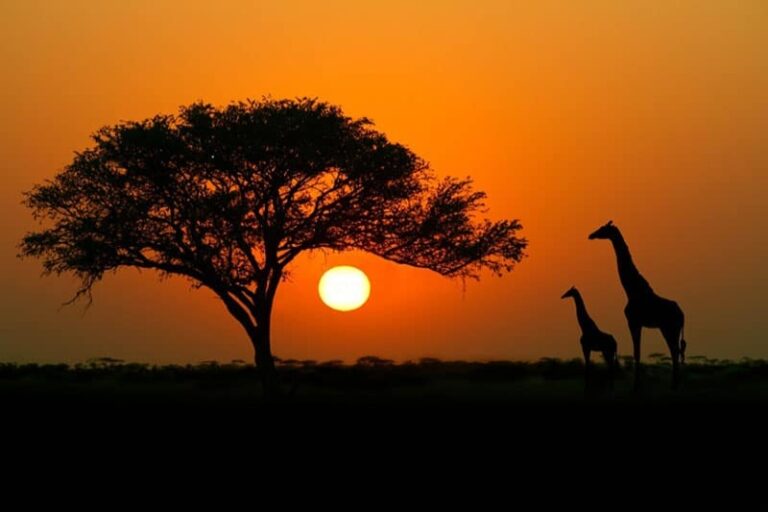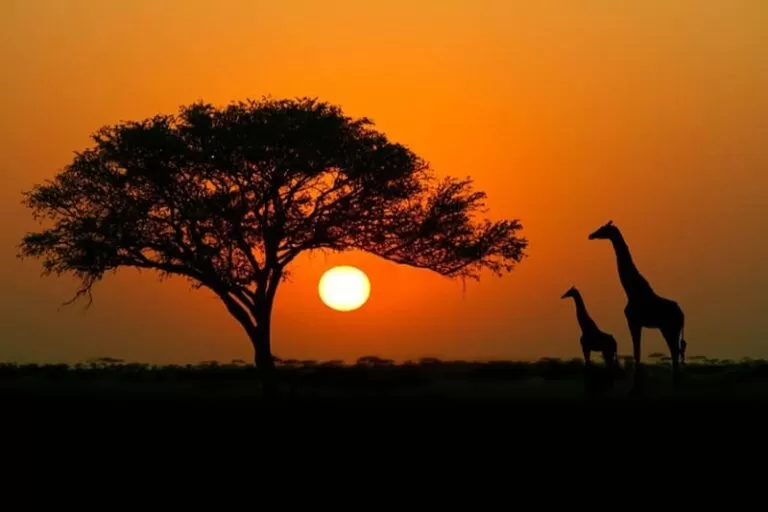

Last updated on December 18th, 2021 at 07:04 am
Inspite of the Chinese representing a minor number of tourists visiting Africa, still with each new year this number is surging. Visiting the old continent of Africa has lots to offer other than its diverse culture and heritage. It has a significant opportunity to boost its economic development through tourism by tapping and boasting its enviable natural environment and resources. The African tourism sector has made meaningful strides in recent years but is still barely scratching the surface of its potential. They can be poised for a tourism boom, as international travel has become more accessible amid a gradual rise in the global income of the people. The reason why China has come into focus is that, in particular, China’s population of about 1.4 billion people is increasingly looking for new experiences in foreign lands. According to China Outbound Tourism Market 2019 -2025 reports, China’s outbound tourism market is set to surpass the $270 billion thresholds by 2025 and this gives Africa, a great chance to position itself as the new hotspot of attraction.
A major change was observed in 2016 when 10 per cent of the Chinese people chose Africa as their favourite destination and to enhance the number of tourists from China and Hongkong, officials of Morocco and Tunisia allowed Chinese citizens to travel without any visa be required. Within a year the number spiked from Chinese tourists to 7000 the next year. And this number is growing each year. Egypt, Kenya, Morocco, South Africa, Mauritius and Tanzania are few countries that are mostly chosen by the tourists.
READMORE: Why Has Africa Back Tracked Inoculation For COVID19?
For years, Chinese people mostly preferred choosing Chinese public tour operators to travel abroad instead of backpacking. A bid disadvantage lies in this as it lets the Chinese travel agency control, outline and organizes the trip, making it non-profitable for the local economies. However, this trend is currently changing. The number of Chinese travelling through this system plunge to 40 per cent and instead 60 per cent of Chinese travellers prefer to travel alone and experience local culture on their own. This trend is steadily allowing the development of the local economy. Playing smart and catering to the needs, all major companies in the tourism sector have launched their website in the Chinese language giving it a Chinese domain and all the features and concerns required.
It has become a difficult scenario in the times of Covid-19 as people have limited travelling. Countries like Mauritius, Tanzania, Morocco, and Seychelles are completely dependent on tourism. More than 24 million people rely on their livelihood through tourists in the continent. The worsening condition could be seen significantly as in 2020, Seychelles, tourism revenues declined by 61 per cent and as a result, the country’s 2021 budget has had to be slashed by 10 per cent. Despite all odds, it is discussed that Africa’s tourist department should revamp its strategies to revive its economy. They must go full speed in launching lucrative offers and packages for Golden Week or the 2022 Chinese New Year. This time, they can use the leverage to introduce the unique experiences that these tourists will get in comparison to the ones offered through Chinese domestic tourist sites.
The South African Social Security Agency (SASSA) informs its beneficiaries that Workers' Day on May 1st will push the May…
A team from the West African group ECOWAS (Economic Community of West African States) has left Guinea-Bissau after the country’s…
MultiChoice and NBCUniversal have given $145 million to support Showmax Africa. This money will help with running the business and…
The ongoing search for Free State police officers in Centurion resulted in the discovery of five dead bodies found in…
The Sistine Chapel will welcome Cardinal members in the forthcoming week to start electing succession candidates on May 7 for…
Namibia’s President, Netumbo Nandi-Ndaitwah, has removed Agriculture Minister Mac-Albert Hengari from his position. The decision came after serious allegations of…
This website uses cookies.